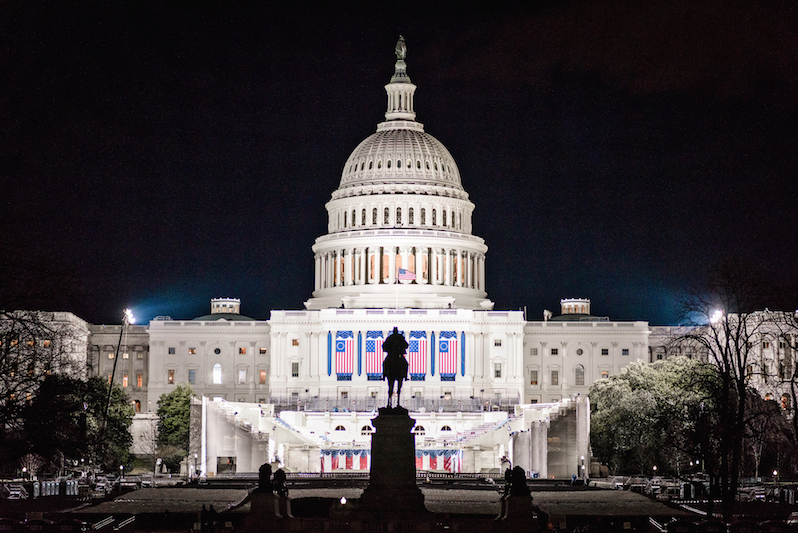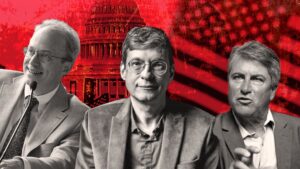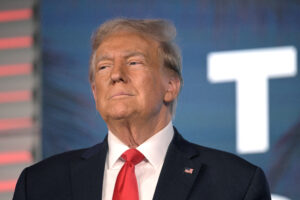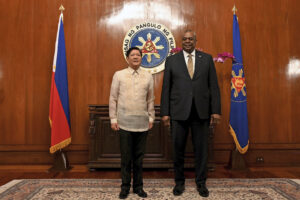The Menace of Trump and the New Authoritarianism: An Interview With Henry Giroux
The renowned intellectual and social activist analyzes the underlying forces of authoritarianism in the U.S. and Europe and argues the need for resistance. The U.S. Capitol readied for the Trump inauguration. (Geoff Livingston / CC 2.0)
1
2
The U.S. Capitol readied for the Trump inauguration. (Geoff Livingston / CC 2.0)
1
2

The U.S. Capitol readied for the Trump inauguration. (Geoff Livingston / CC 2.0)
Independent journalism is under threat and overshadowed by heavily funded mainstream media.
You can help level the playing field. Become a member.
Your tax-deductible contribution keeps us digging beneath the headlines to give you thought-provoking, investigative reporting and analysis that unearths what's really happening- without compromise.
Give today to support our courageous, independent journalists.






You need to be a supporter to comment.
There are currently no responses to this article.
Be the first to respond.